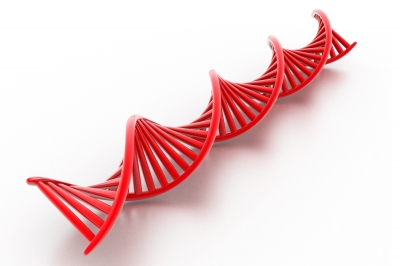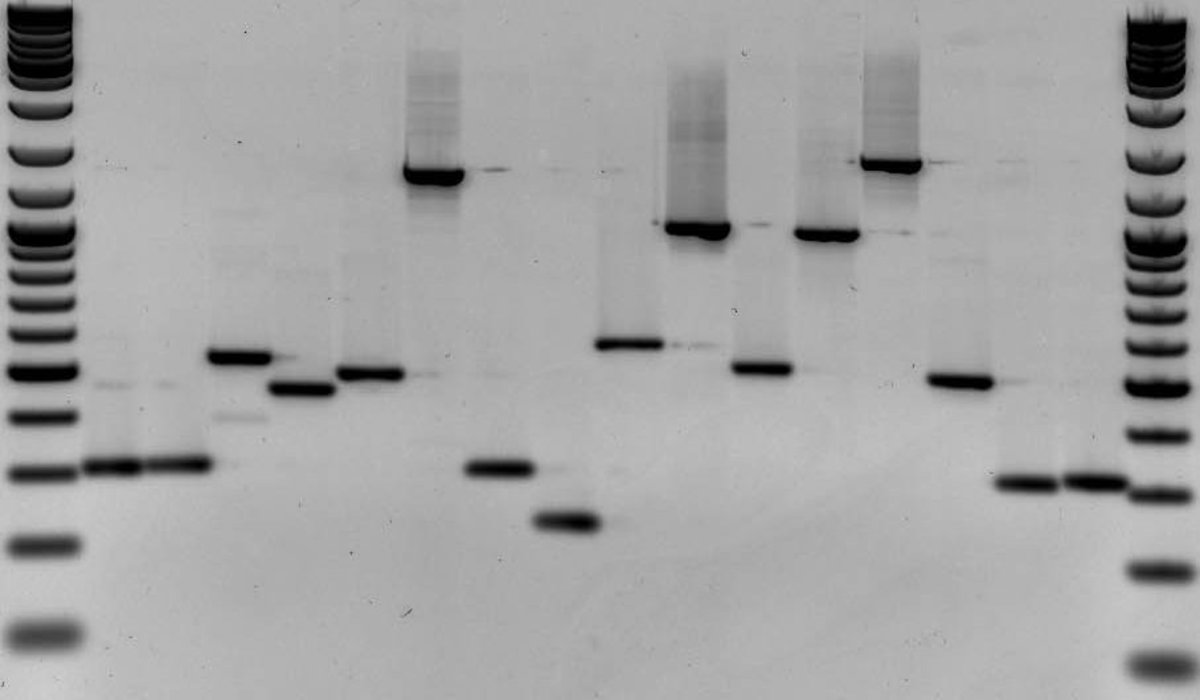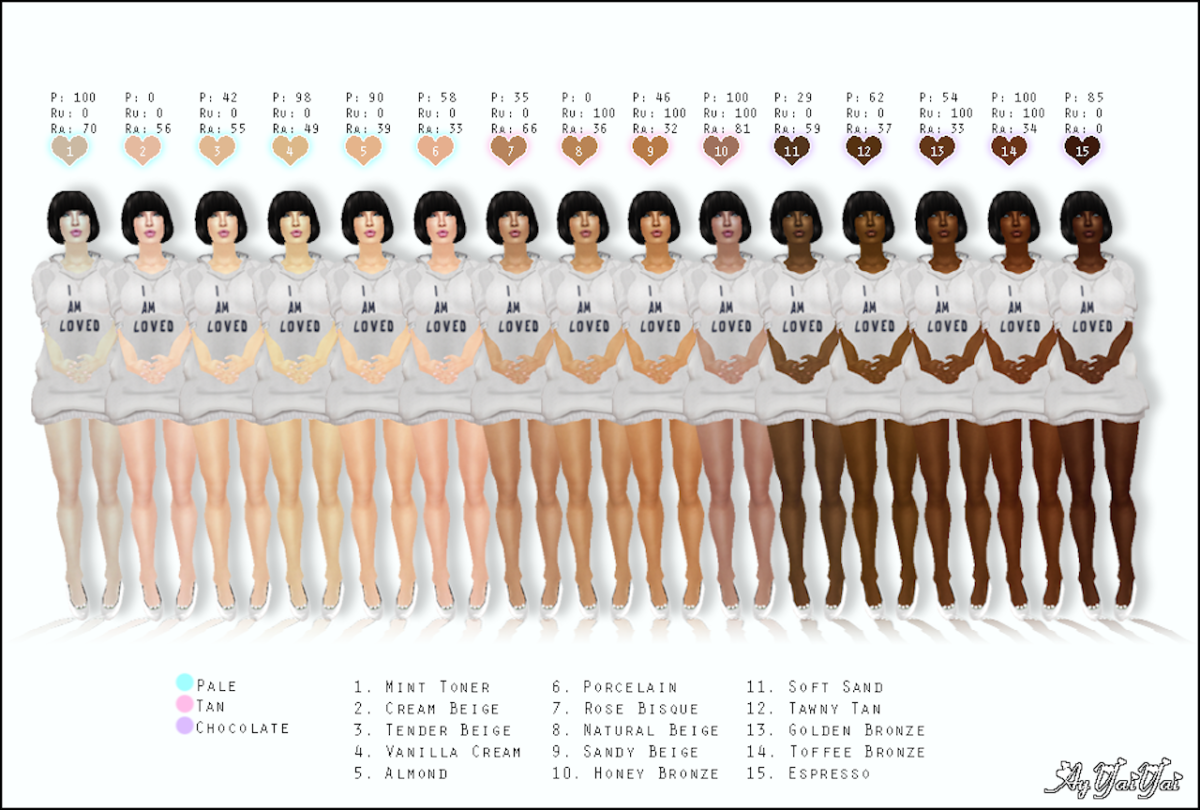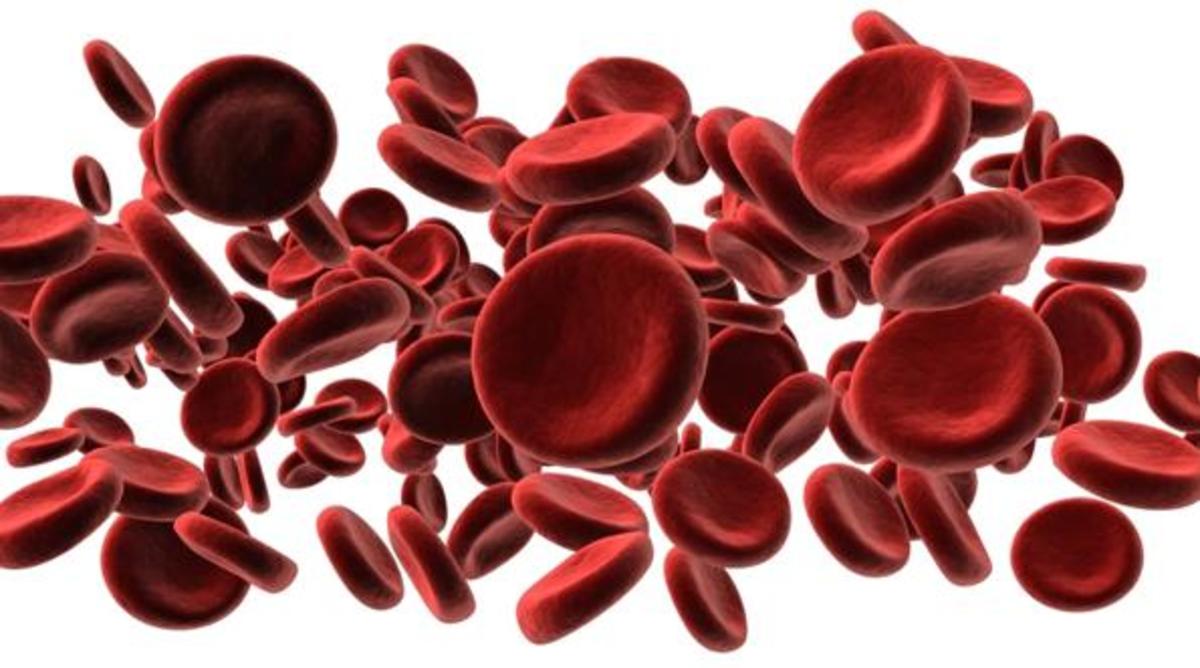What Are The Benefits of Sequencing the Human Genome Again?

Copyright 2012 - Kris Heeter, Ph.D.
The human genome is often referred to as the genetic blueprint for human life.
The genomes or DNA of any two humans are more than 99 percent similar. The less one percent that remains is variable.
Understanding the details of this one percent variation will be the key to understanding why individuals are different from each other.
DNA decoding techniques (referred to as “DNA sequencing”) has enabled scientists to start addressing a number of questions like:
- Why do populations or individuals have a varying susceptibility to disease?
- Why do individuals respond differently to medical drugs?
- How do environmental factors change or influence the genetic makeup of humans?
The sequencing of the first human genome, called the Human Genome Project, was really only just the beginning.
While it opened the door to a whole new world of science and identified a number of new human genes, the Human Genome Project actually created more questions than it answered.
To really start addressing the questions above at a genetic level, a comparison the DNA from a large pool of individuals is needed.
What Is Genomics?
The Amazon Cloud
Amazon is not just for books and gift buying anymore.
Since the 1000 Genomes Project launched, more than 200 terabytes of data have been generated (an incredible amount of data). All of this data is going into what is referred to as the “Amazon Cloud”.
The Amazon Cloud is a centralized repository on the Amazon Simple Storage Service.
What are the benefits?
"Putting the data in the cloud provides a tremendous opportunity for researchers around the world who want to study large-scale human genetic variation but lack the computer capability to do so." - Richard Durbin, Ph.D., co-director of the 1000 Genomes Project.
The Entire Human Genome was First Sequenced by 2003
It took billions of dollars to decode or "sequence" the first human genome.
That initiative began back in the early 1990s and took over a decade to complete. Its completion is considered one of the most major scientific advances of the last century.
As technology has progressed, DNA sequencing techniques have improved significantly and are now much faster and to some extent less expensive. What took over 10 years originally can now be done in less than a month. It’s now feasible decode multiple human genomes at once.
The analysis of the first human genome and the genomes of other species has created a large collection of biological data. Analysis of the results requires sophisticated computer algorithms. This collection of genetic data and its analysis has resulted in a whole new field of science called “Bioinformatics” and it uses advanced computer technology to decipher the large amounts of scientific data.
The 1000 Genomes Project
In 2008, a major initiative began to go the next step beyond the initial Human Genome Project. An international initiative began to generate DNA sequence data from 1000 or more human genomes.
The rationale was that having more than 1000 genomes sequenced would provide a much larger pool of data for comparison.
The one percent genetic variance among humans could really be looked at more closely with data from multiple individuals from diverse sub-populations. The ultimate goal was to then create a map of the genetic variation among the humans.
The collaborative initiative was called the 1000 Genomes Project.
Looking at genetic variation of the human genome by comparing genome sequences across the 1000 or more individuals enable scientists to better understand how genetic variation contributes to common human diseases.
The 1000 Genomes Project was built upon something called the International HapMap Project, which produced an initial catalog of common human genetic variation. The HapMap catalog laid the foundation for a number of studies that have since identified more than 650 genetic variants associated with a wide range of diseases, some examples include:
- type 2 diabetes
- heart disease
- prostate cancer
- breast cancer
- rheumatoid arthritis
- inflammatory bowel disease
- mental illnesses.
The 1000 Genomes Project seeks to expand that catalog and provide a database for looking at genetic variations common to these and other diseases.
The Project’s main goal is to establish a database of genome sequences of 2500 people from 27 different international populations.
To date, DNA sequencing from 1,700 people is complete and the genomes from the remaining 900 will be sequenced by the end of 2012. The data from the first 1,700 is now being released into what is now referred to as the “Amazon Cloud” and will soon be available to researchers worldwide.
How Can A Veteran Participate in MVP?
The genetic and health information obtained from Veterans in the MVP program remains anonymous. Participation is strictly on a volunteer basis.
At this time, Veterans who are users of the VA health care system at one of enrolling sites may participate. Veterans who would like to learn about the potential benefits in participating and how to participate by visiting:
Extensive Genetic Cataloging
The Veterans Affairs (VA) Office of Research and Developments has launched project called the Million Veteran Program (MVP) with the goal to collect and catalog genetic data from over one million U.S. veterans.
It is a partnership between the U.S. Veterans Affairs Office and Veterans. Its mission is to understand how genes affect the health and illness of Veterans. It is a voluntary research program conducted by the Department of Veterans Affairs Office of Research & Development.
Once completed, the MVP would be the world's largest medical database in which health and genetic information from over one million donors will be anonymously banked.
This data will enable researchers to look for common genetic factors in diseases like diabetes, cancer, and military-related illnesses, such as post-traumatic stress disorder.
The Future of Human Genome Research
The 1000 Genomes Project and the Million Veteran Project opens the door for identifying new genetic variants that underlie common diseases.
Human genome projects of this unprecedented magnitude will enable researchers to better understand not only diseases but gene-environment (lifestyle) interactions on a much larger scale. It will also be easier to identify environmental factors that may lead to genetic mutations within a sub-population.
These two analyses will also pave the way for future technological advancements in the relatively new fields of pharmacogenomics (tailoring medical drugs to a person’s genetic background) and nutrigenomics (tailoring nutritional needs to a person’s genetic background).
Together, the projects will result in better ways to prevent, detect, and treat a number of diseases.
Additional Information and References
Human Genome Project: A 13-year project coordinated by the U.S. Department of Energy and the National Institutes of Health
1000 Genomes Project and updates
Pharmacogenomics: Information available from the U.S. Department of Energy Office of Science
Nutrigenomics: Information available from the Center of Excellence for Nutritional Genomics (CENG) at the University of California, Davis








